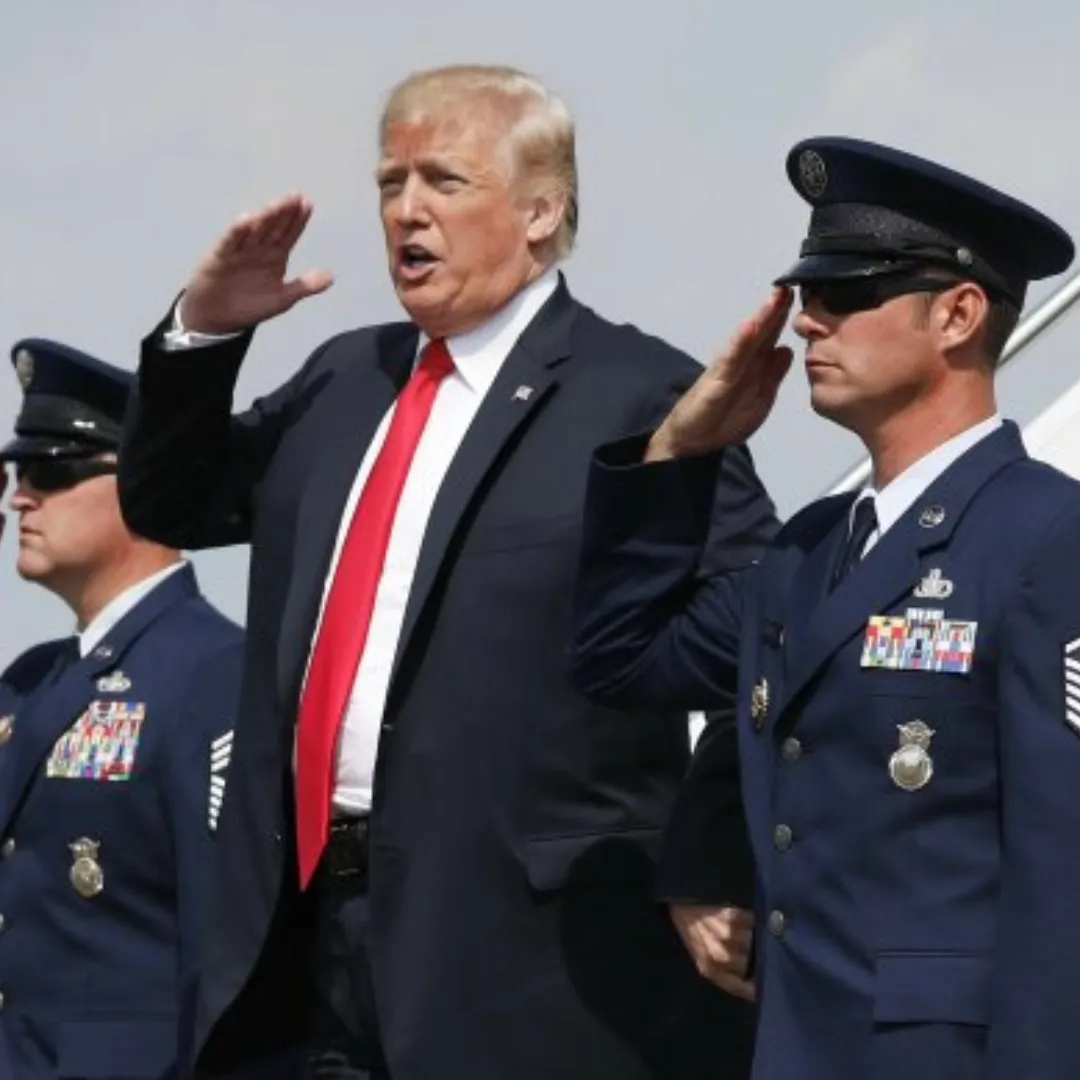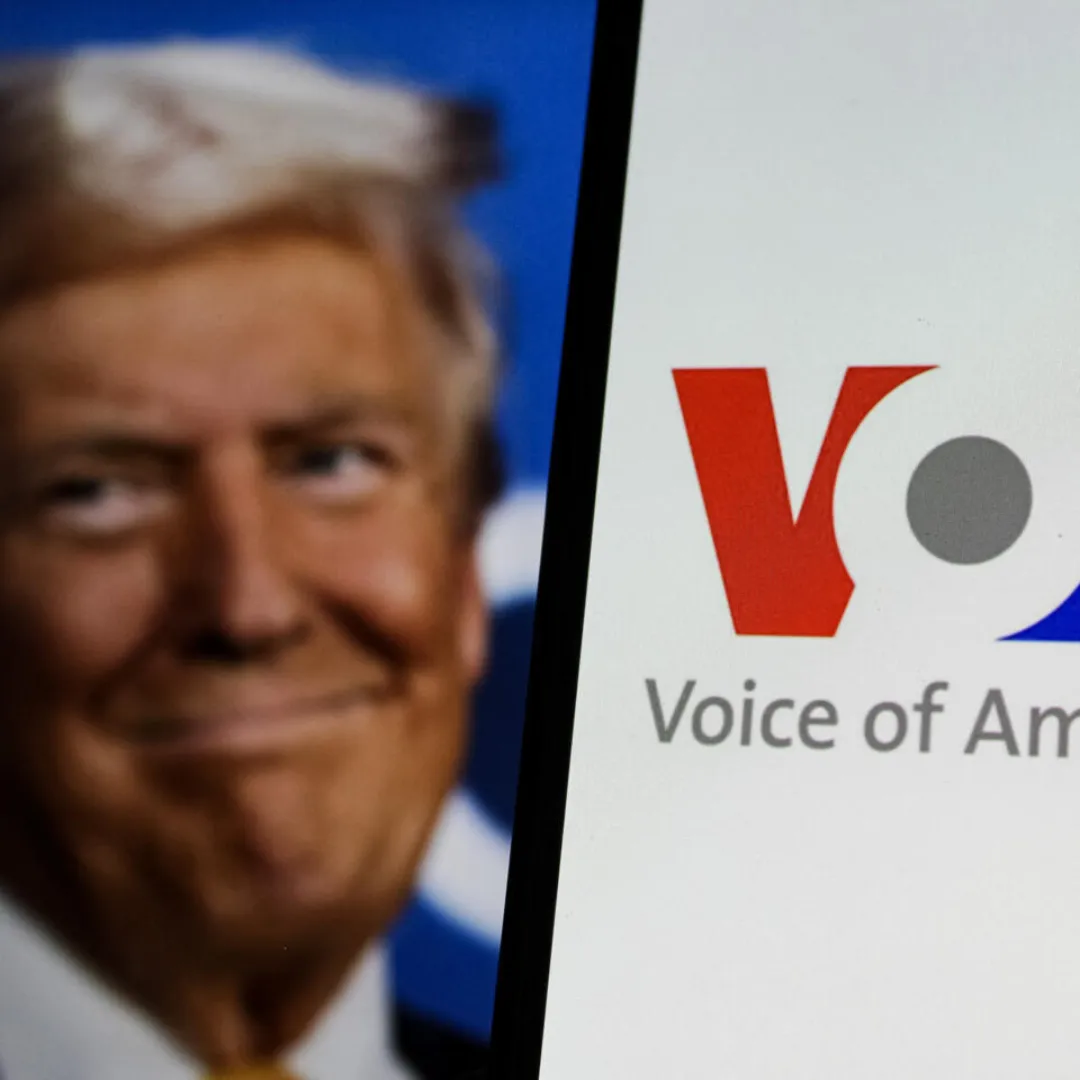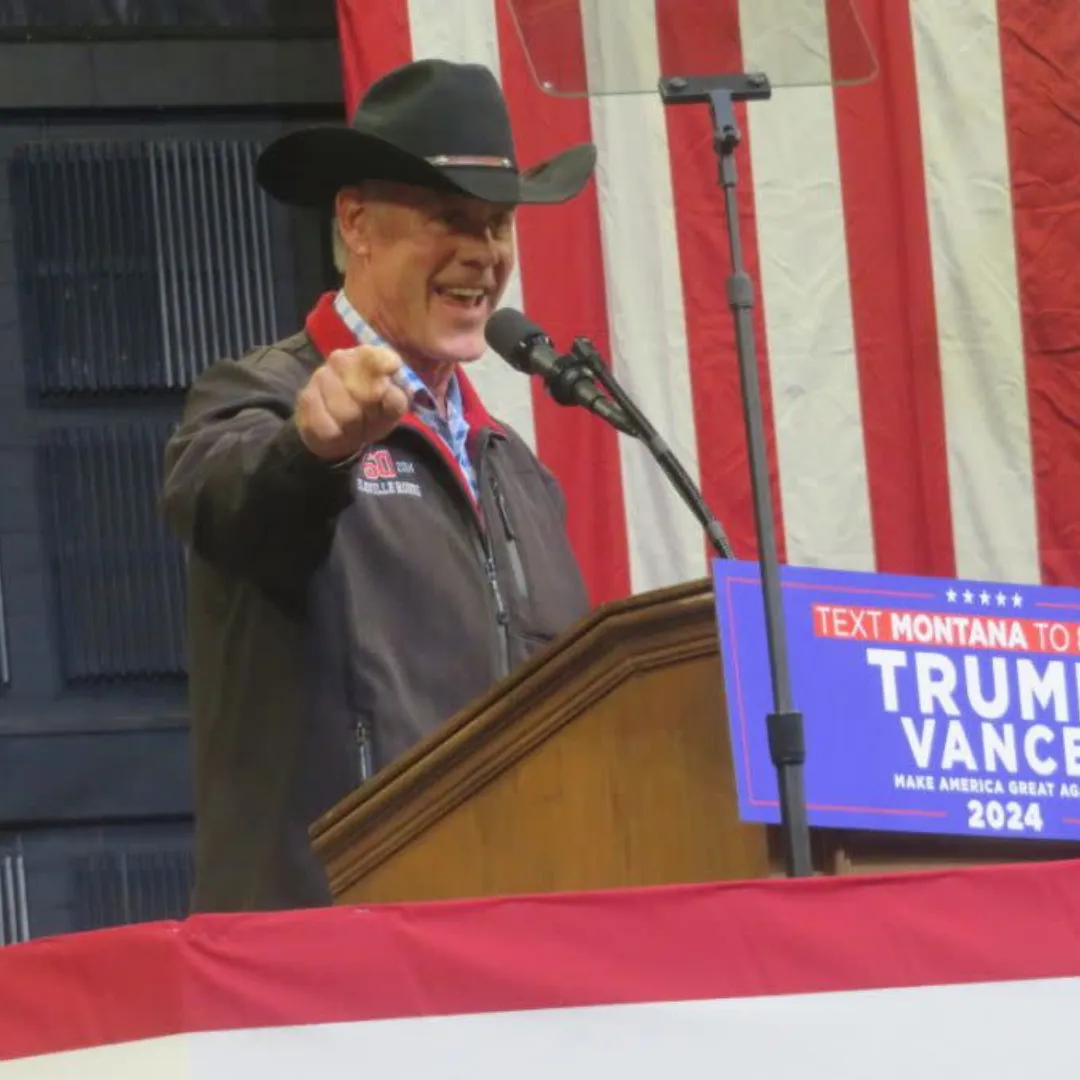
President Donald Trump announced on Sunday that Columbus Day will be fully restored as a federal holiday under his administration, signaling a bold move in the ongoing debate over America's historical legacy.
Posting on Truth Social, President Trump declared his intention to honor Christopher Columbus without compromise, accusing Democrats and progressive activists of attempting to erase Columbus’s contributions from American memory.
"I’m bringing Columbus Day back from the ashes," Trump wrote. "The Democrats did everything possible to destroy Christopher Columbus, his reputation, and all of the Italians that love him so much.
They tore down his Statues, and put up nothing but ‘WOKE,’ or even worse, nothing at all! Well, you’ll be happy to know, Christopher is going to make a major comeback. I am hereby reinstating Columbus Day under the same rules, dates, and locations, as it has had for all of the many decades before."
The move marks a decisive shift in federal policy regarding the observance of Columbus Day, reversing changes made under the Biden administration, which had elevated Indigenous Peoples Day in national recognition.
Under Biden’s leadership, a presidential proclamation officially celebrated Indigenous Peoples Day alongside Columbus Day, reflecting a growing movement to recognize the resilience and contributions of Native American communities. That policy has now been undone, with President Trump declaring full support for traditional Columbus Day celebrations.
The restoration of Columbus Day fits neatly within President Trump's broader agenda of emphasizing patriotism, historical pride, and a rejection of what he often describes as "woke culture."
His announcement was met with immediate enthusiasm from many of his supporters, who see it as a reclaiming of American heritage and a stand against historical revisionism.

Throughout his political career, President Trump has consistently aligned himself with efforts to protect traditional symbols and narratives of American history. His previous term saw him taking strong stances in favor of preserving monuments, including those of figures whose legacies have been challenged in recent years.
His decision to fully reinstate Columbus Day is a continuation of that stance, reinforcing his administration’s commitment to defending what he calls "the great heroes of our nation’s past."
In his post, Trump emphasized not just Columbus's achievements but also the cultural significance of Columbus Day for Italian Americans, who have long viewed the holiday as a celebration of their heritage and contributions to the United States.
"They tore down his Statues, and put up nothing but ‘WOKE,’ or even worse, nothing at all," Trump lamented. "Christopher is going to make a major comeback."
For Trump's supporters, the announcement symbolizes a broader cultural victory. Many conservatives view the removal of Columbus statues and the replacement of Columbus Day with Indigenous Peoples Day in various cities and states as emblematic of a broader cultural shift they oppose.
Trump’s reinstatement of the holiday is seen as a stand for traditional values against what they view as leftist attempts to rewrite history.
However, the president’s decision is already stirring controversy. Native American leaders and advocates, who have fought for decades to bring greater public awareness to the harms caused by European colonization, view the move as a dismissal of historical truths.
Indigenous Peoples Day was created in many areas as a way to recognize the suffering and resilience of Native communities who endured centuries of displacement, violence, and cultural erasure following Columbus’s arrival in the Americas.
Critics argue that celebrating Columbus without acknowledging these impacts amounts to a glorification of colonial violence. They point to historical records documenting the exploitation and brutal treatment of Indigenous peoples during and after Columbus’s voyages.
For them, replacing or minimizing Indigenous Peoples Day is not just a policy change but a deep wound that signals a continued lack of respect and recognition.
Despite the backlash, Trump remains undeterred. Speaking to reporters later Sunday evening, President Trump reaffirmed his decision.
"America honors greatness, and Christopher Columbus was one of the greatest explorers in history," Trump said. "We will not allow the radical left to tear down our traditions, our heroes, or our pride. Columbus Day is back, bigger and better than ever."
As part of the reinstatement, federal workers will receive a full holiday in observance of Columbus Day under the same guidelines and scheduling that existed prior to the changes introduced during the Biden years.
Schools and government offices will close, and communities across the nation are encouraged to hold parades, festivals, and educational events that highlight Columbus’s voyages and contributions to global exploration.
The administration also announced plans to restore and protect Columbus statues and monuments that had been removed or vandalized during periods of civil unrest. A newly established task force within the Department of the Interior will oversee these efforts, according to senior officials.
The goal, they said, is to ensure that historical monuments are "preserved for future generations as symbols of American perseverance and discovery."

Across the country, reactions to Trump’s move are sharply divided along political lines. In traditionally conservative areas, officials praised the reinstatement, with some planning new events to honor Columbus.
In contrast, leaders in several progressive cities vowed to continue observing Indigenous Peoples Day and to resist any federal attempts to override local decisions.
In New York City, where Columbus Day holds special meaning due to the city's large Italian American population, the news was met with celebration.
Organizers of the annual Columbus Day Parade, one of the largest Italian American cultural events in the country, expressed excitement about the return of full federal recognition. "This is a proud moment for our community," one organizer said. "We feel seen and valued once again."
In contrast, Native American groups quickly mobilized to oppose the change. Advocacy organizations issued statements condemning the president’s decision and called for continued education about the true history of Columbus’s voyages.
Some activists announced plans for protests and alternative events to mark Indigenous Peoples Day, even if not federally recognized.
For historians, the situation reflects the enduring complexity of America's relationship with its own past. Some scholars argue that it is possible to recognize Columbus’s historical significance without ignoring the suffering his voyages ultimately brought to Indigenous peoples.
Others believe that America must move away from celebrating figures whose actions led to oppression and genocide, and instead focus on honoring those who represent the nation’s full, diverse history.

President Trump’s actions are unlikely to end the debate. If anything, they have reignited a fierce national conversation about memory, identity, and what it means to celebrate history.
As the United States grapples with its legacy, the restoration of Columbus Day under Trump's leadership will undoubtedly remain a lightning rod for discussion, protest, and pride.
What is clear is that the issue goes far beyond a single holiday. It touches on the very foundations of how America understands itself, its origins, and the path it chooses for the future.


-(1600-x-2000-px)-(1080-x-1080-px)-1746423587-q80.webp)

